Can an independent SCOTUS right its own ship?
Bogged down by a new crop of ethics scandals and questions of objectivity, lawmakers are starting to wonder if SCOTUS is capable of policing itself. And if not, who can?


A free daily email with the biggest news stories of the day – and the best features from TheWeek.com
You are now subscribed
Your newsletter sign-up was successful
From its long black robes to its imposing Romanesque columns, every facet of the United States Supreme Court is designed to impart an overwhelming sense of unimpeachable power and solemnity — a message to the public that this body, cloaked in ritual significance and the facade of righteous justice, is to be afforded a measure of reverence often reserved for religious, rather than governmental, institutions. Accordingly, the recent series of scandals surrounding various justices obscuring, or simply omitting, key financial details in their requisite disclosure forms, have taken on an added layer of significance for many in Washington.
Lawmakers from both parties have begun to openly question whether the court can continue on its current trajectory of self-regulation or if it's in need of fundamental change to regain a potentially fatal lost sense of legitimacy and public trust. The highest court in the land is likely as close to a crisis point as it has been for nearly a century.
'The status quo is no longer tenable'
Late this month, Senate Judiciary Chair Dick Durbin (D-Ill.) waded into this quagmire of ethical and constitutional ambiguity, inviting either Chief Supreme Court Justice John Roberts or another justice of his choice to testify before his committee on the "steady stream of revelations regarding justices falling short of the ethical standards expected of other federal judges and, indeed, of public servants generally."
The Week
Escape your echo chamber. Get the facts behind the news, plus analysis from multiple perspectives.

Sign up for The Week's Free Newsletters
From our morning news briefing to a weekly Good News Newsletter, get the best of The Week delivered directly to your inbox.
From our morning news briefing to a weekly Good News Newsletter, get the best of The Week delivered directly to your inbox.
"The status quo is no longer tenable," states Durbin in his letter to Roberts, adding that "the time has come for a new public conversation on ways to restore confidence in the Court's ethical standards."
A few days later, Roberts "respectfully" declined the invite, writing that the sort of testimony requested by Durbin is "exceedingly rare, as one might expect in light of separation-of-powers concerns and the importance of preserving judicial independence." Niceties of intergovernmental communications notwithstanding, the underlying message was clear: Roberts and, by extension, the rest of the justices are "trying to protect their own turf," explains University of Minnesota Law School professor Richard Painter to Bloomberg Law. "It's colleagues covering for colleagues."
"If the high court and its justices were functioning well, in a controversy-free environment, enjoying the respect and confidence of all, it'd be easier to understand Roberts' reluctance to testify," says MSNBC's Steve Benen. "But therein lies the point: There's a cloud hanging over the institution. The chief justice's reluctance to talk about the problem won't make the cloud blow away."
Crucially, "the problem" here is less a question of individual case rulings or the lopsidedly conservative makeup of the court itself — at least not directly. Rather, it's a matter of whether or not the court in its current form is capable of self-regulation at all. If not, then lawmakers, and the public at large, are left with the realization that "institutions that cast themselves as above politics, influence or reproach invariably invite corruption, and the Supreme Court is no exception," as Balls and Strikes' Steve Kennedy writes in a recent essay on the court's credibility crisis.
A free daily email with the biggest news stories of the day – and the best features from TheWeek.com
Should Congress act — and can it?
Two days after Roberts rejected the Judiciary Committee's invite for testimony, Durbin responded by ratcheting up the pressure on the chief justice to specify what ethical standards exist currently for the court and how the're applied and regulated. Noting that Roberts' rejection letter included "a Statement of Ethics Principles and Practices to which all of the current Members of the Supreme Court subscribe," Durbin states in his rebuttal that "the statement of principles raises more questions than it resolves, and we request that you respond to several key questions."
"Your answers will inform the committee's work on legislation that seeks to ensure that the ethical obligations and practices of the justices are at least on par with those that govern the rest of the federal judiciary and the federal government generally," concluded Durbin, before enumerating a series of specific requests for information from the court.
For the time being, those requests have remained just that — requests, with Durbin, and lawmakers more broadly, seemingly reluctant to flex their subpoena muscles for fear of potentially touching off a constitutional crisis. "To threaten or certainly to conduct an ethics investigation of a Supreme Court justice would raise separation-of-powers concerns and automatically raise concerns about the independence of the judiciary and of the Supreme Court," the former chief counsel and staff director of the Senate and House ethics committees tells Roll Call.
Conversely, there are those who argue that by not pursuing justices accused of potential ethical lapses, Congress is opening the door to further abuses. Noting that there are other non-subpoena methods available to lawmakers to exert pressure on the court, Georgetown Law professor Josh Chafetz also tells Roll Call that ultimately "the slogan of judicial independence ends up just being a slogan for anything judges don't want to do is judicial independence," if justices are allowed to simply ignore things like congressional subpoenas.
Although the issue itself may not be the court's rightward lean, partisanship does play a factor in why some in Washington aren't optimistic about an easy fix. "Though I am not rooting for any more liberal-leaning judges to have ethical problems, there's no doubt that if the problem on the court was more ideologically diverse, it would make the solution set here easier to imagine," Sen. Chris Murphy (D-Conn.) tells The New Republic, in light of his own recent effort to impose behavioral standards on the court.
Others are less pessimistic, including Sen. Angus King (I-Maine). Along with Republican Lisa Murkowski of Alaska, King, who caucuses with Democrats, has introduced his own bill to create a code of ethics for the court, telling the same publication that "it's certainly a nonpartisan issue. We're not attacking anybody, and actually the intention of this is to strengthen the Supreme Court." Indeed, Roberts' reflexively defensive response to Durbin may, itself, help spur some lawmakers to action, Brennen Center for Justice counsel Douglas Keith tells Bloomberg. "If anything, it may only inflame critics," he says, adding that elected officials who have been hesitant to wade into the thorny issue of intergovernmental oversight between branches may now "rethink their reluctance."
That optimism hasn't borne out in the case of Utah Republican Mike Lee, who has responded to the increased focus on the court's various ethics quandaries by claiming recently that "the left is on a dangerous, relentless campaign to delegitimize the Supreme Court," while carefully eliding any consideration of specifics of the allegations against several of the justices themselves.
Meanwhile, instituting a new series of ethical standards on the court may not end up being the most effective remedy for alleged breaches to begin with. "What the real problem is is there's no mechanism for enforcing the rules we already have," Painter, a former White House adviser who helped in Roberts' confirmation process, tells Bloomberg.
Not having meaningful methods to actually ensure any ethics guidelines are followed, continues Painter, means a perfect storm of unchecked power with no expiration date for those who wield it. "Who are they accountable to? Nobody," he says. "That's what we're hearing from the chief justice."
Rafi Schwartz has worked as a politics writer at The Week since 2022, where he covers elections, Congress and the White House. He was previously a contributing writer with Mic focusing largely on politics, a senior writer with Splinter News, a staff writer for Fusion's news lab, and the managing editor of Heeb Magazine, a Jewish life and culture publication. Rafi's work has appeared in Rolling Stone, GOOD and The Forward, among others.
-
 What to know before filing your own taxes for the first time
What to know before filing your own taxes for the first timethe explainer Tackle this financial milestone with confidence
-
 The biggest box office flops of the 21st century
The biggest box office flops of the 21st centuryin depth Unnecessary remakes and turgid, expensive CGI-fests highlight this list of these most notorious box-office losers
-
 The 10 most infamous abductions in modern history
The 10 most infamous abductions in modern historyin depth The taking of Savannah Guthrie’s mother, Nancy, is the latest in a long string of high-profile kidnappings
-
 Supreme Court upholds California gerrymander
Supreme Court upholds California gerrymanderSpeed Read The emergency docket order had no dissents from the court
-
 How robust is the rule of law in the US?
How robust is the rule of law in the US?TODAY’S BIG QUESTION John Roberts says the Constitution is ‘unshaken,’ but tensions loom at the Supreme Court
-
 The ‘Kavanaugh stop’
The ‘Kavanaugh stop’Feature Activists say a Supreme Court ruling has given federal agents a green light to racially profile Latinos
-
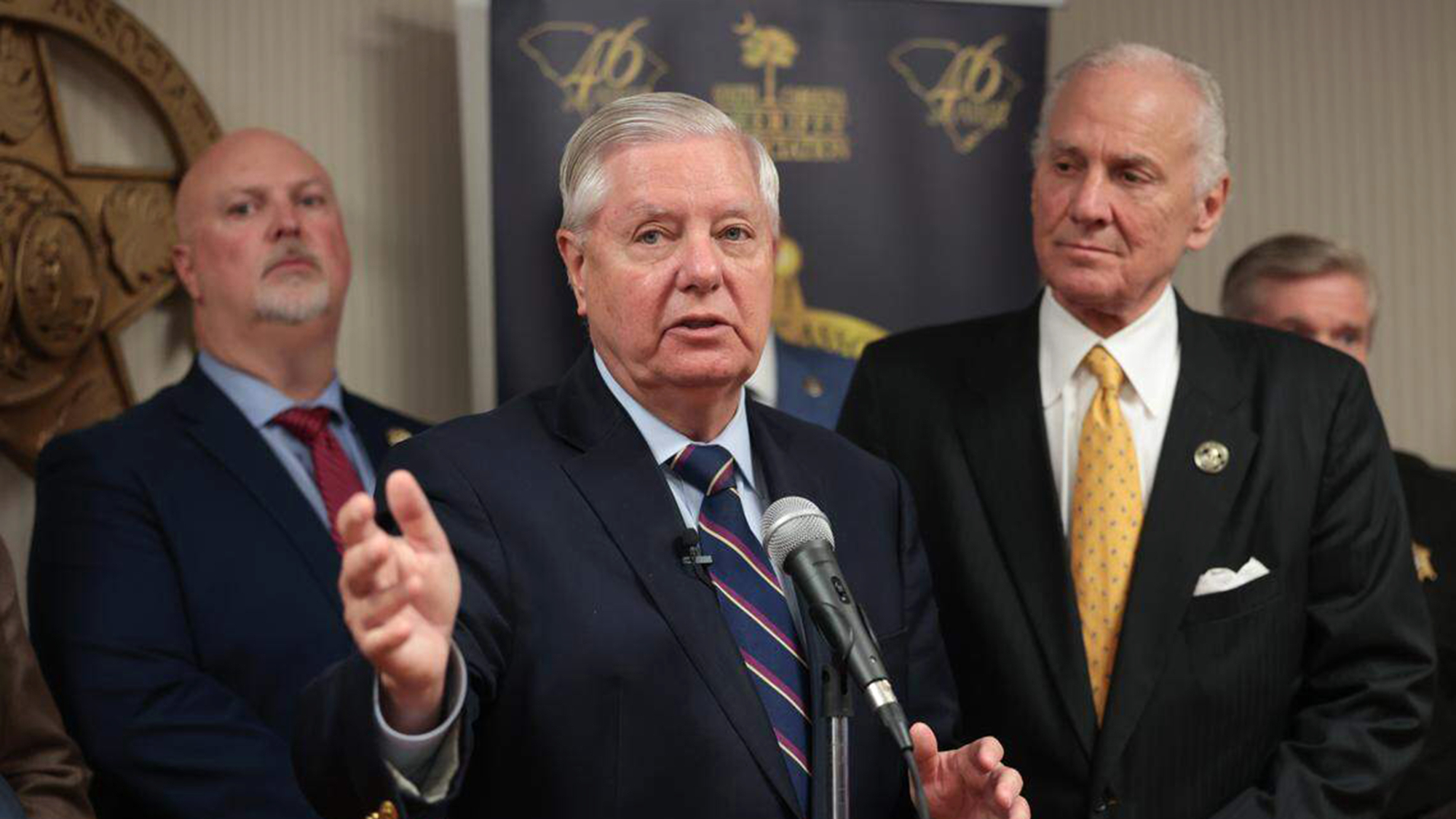 GOP retreats from shutdown deal payout provision
GOP retreats from shutdown deal payout provisionSpeed Read Senators are distancing themselves from a controversial provision in the new government funding package
-
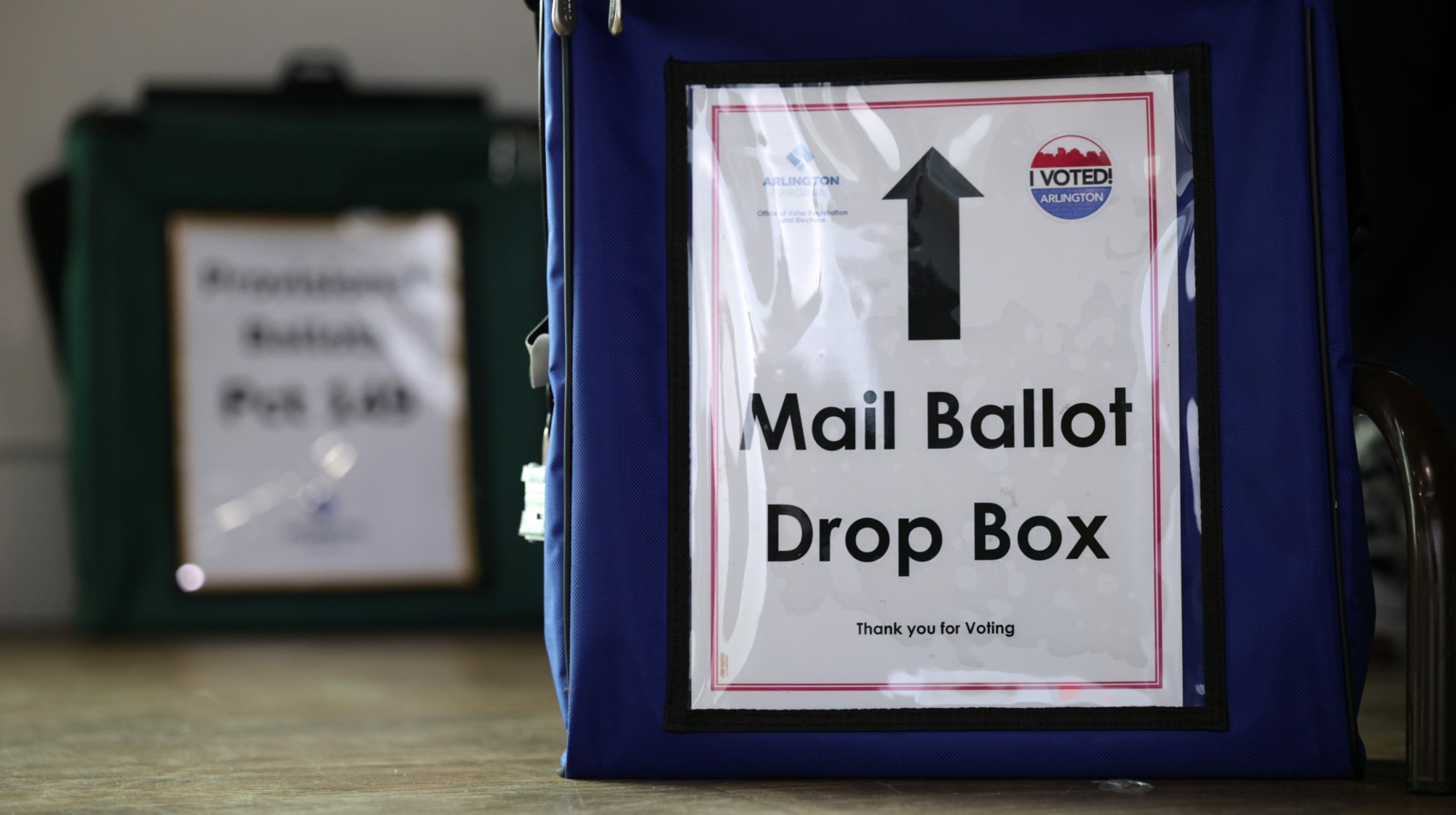 Supreme Court to decide on mail-in ballot limits
Supreme Court to decide on mail-in ballot limitsSpeed Read The court will determine whether states can count mail-in ballots received after Election Day
-
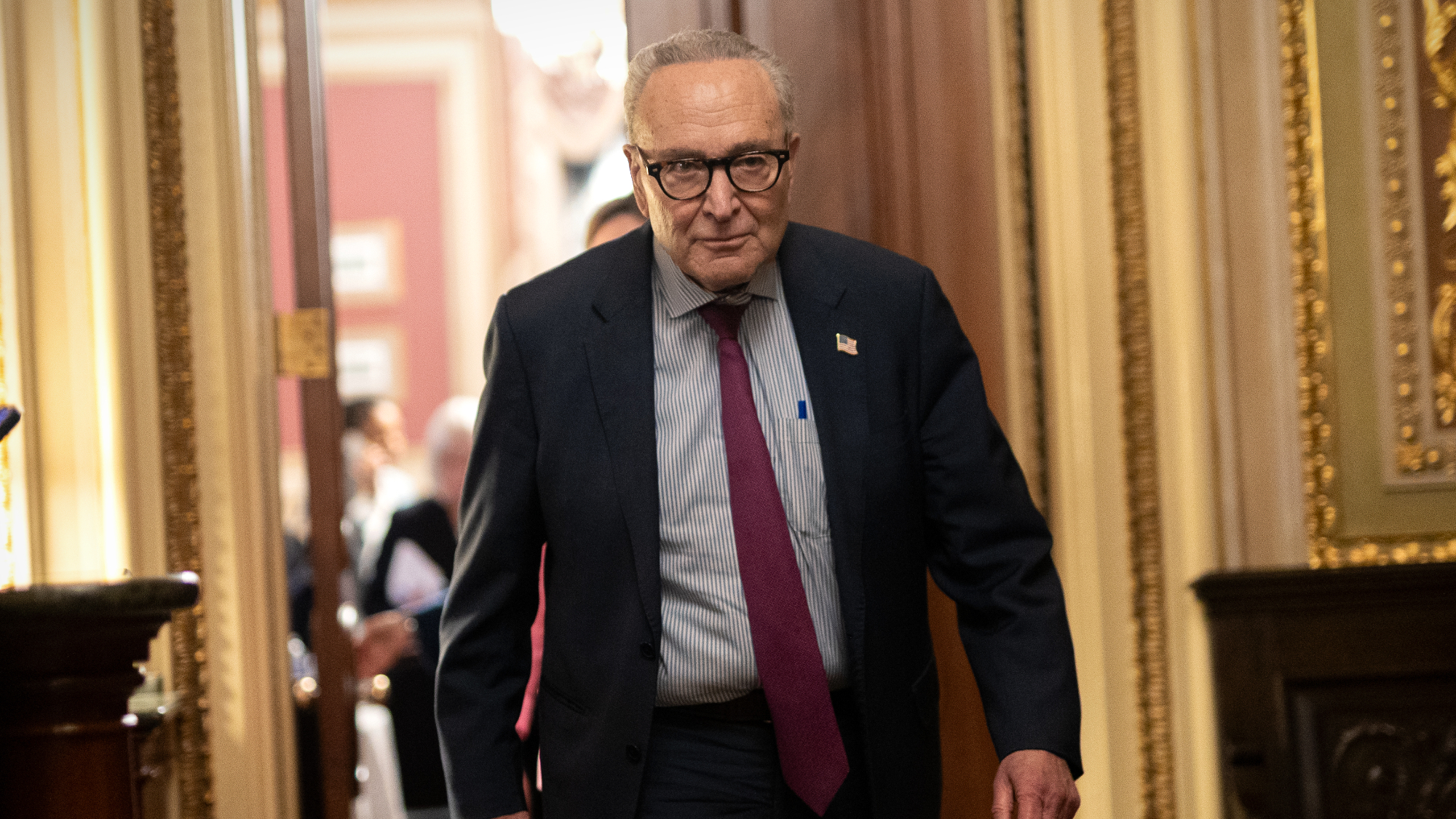 Democrats split as Senate votes to end shutdown
Democrats split as Senate votes to end shutdownSpeed Read The proposed deal does not extend Affordable Care Act subsidies, the Democrats’ main demand
-
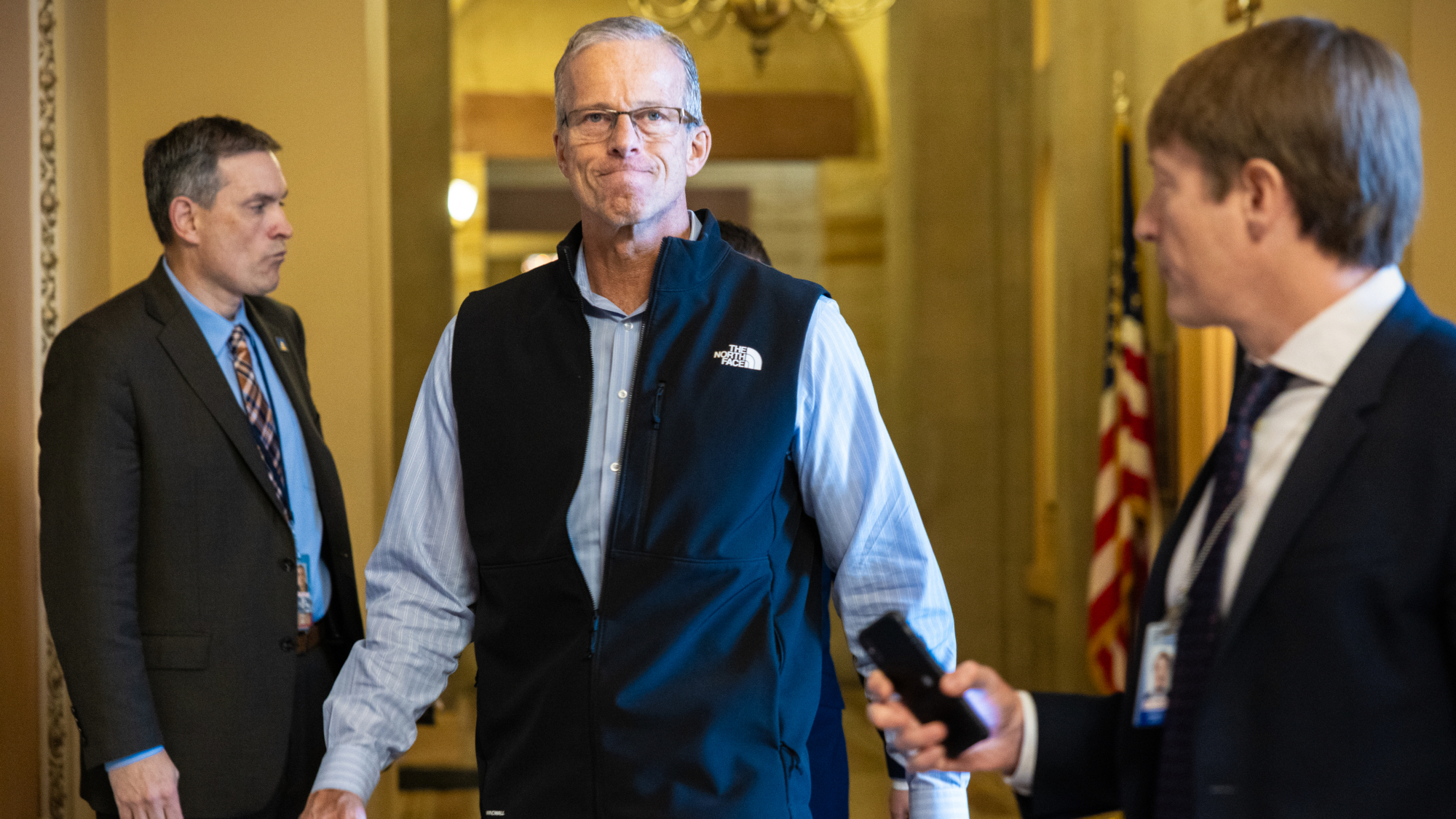 Senate takes first step to end record shutdown
Senate takes first step to end record shutdownSpeed Read Eight senators in the Democratic caucus voted with Republicans to advance legislation to reopen the government
-
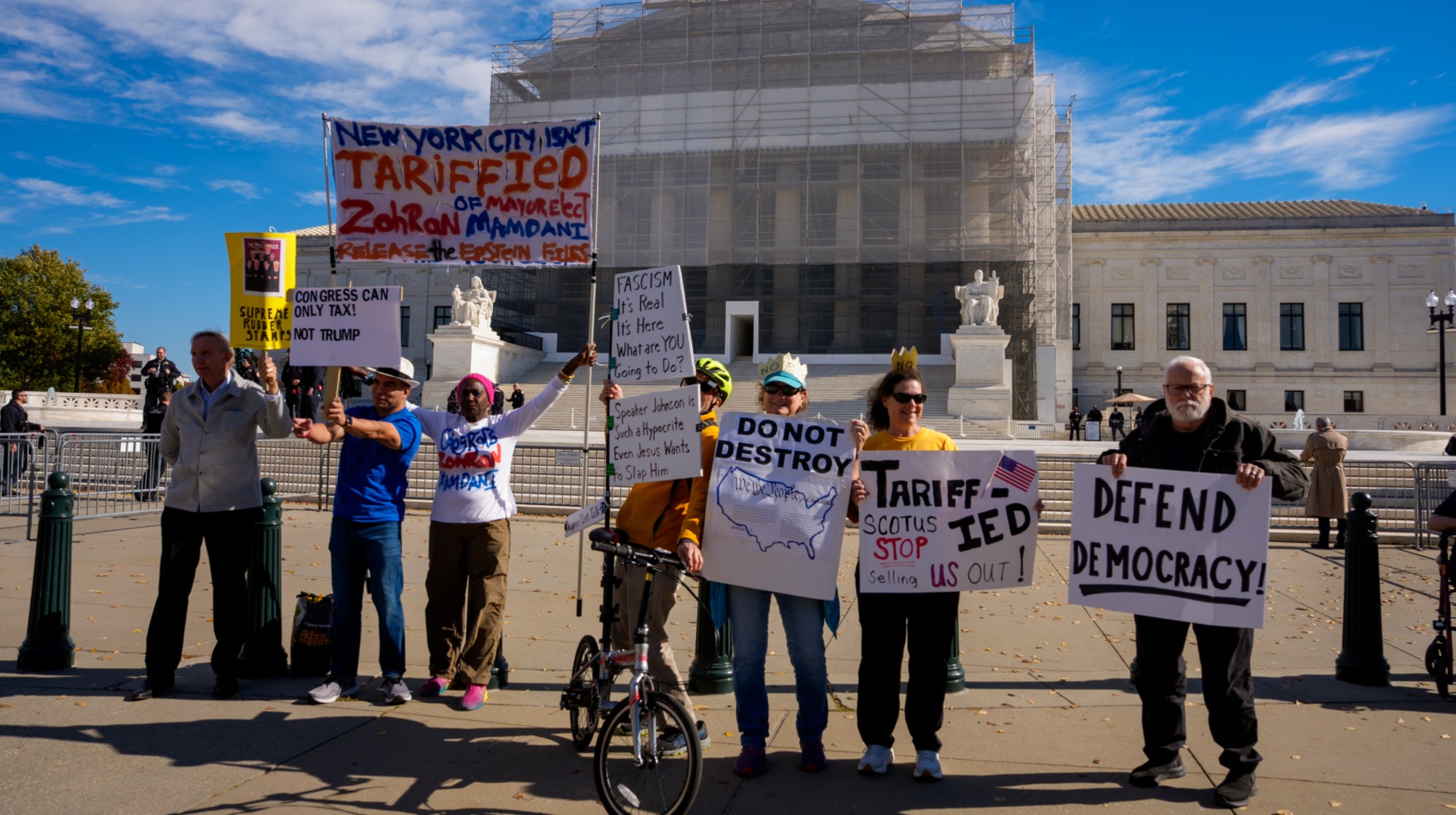 Trump tariffs face stiff scrutiny at Supreme Court
Trump tariffs face stiff scrutiny at Supreme CourtSpeed Read Even some of the Court’s conservative justices appeared skeptical
